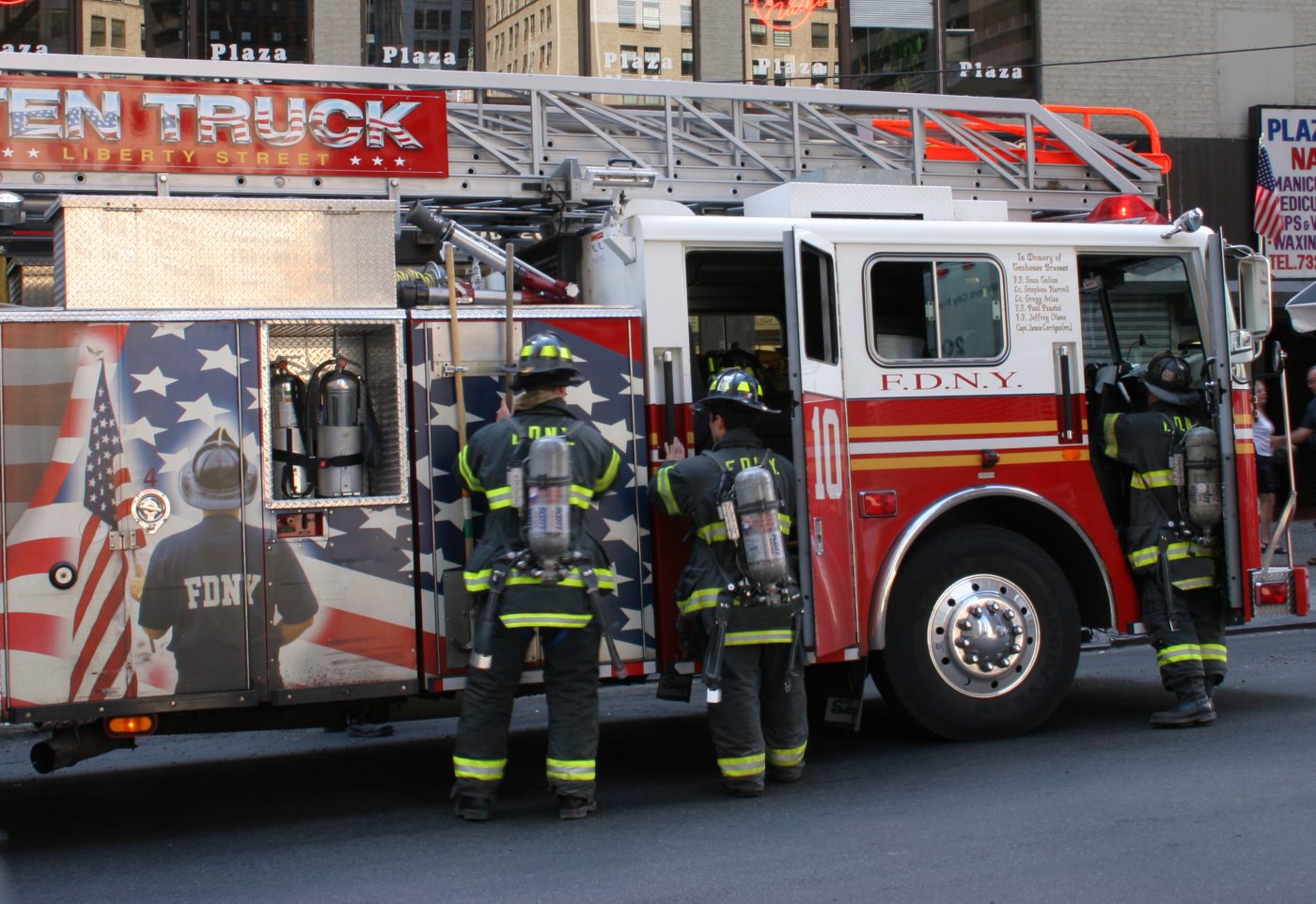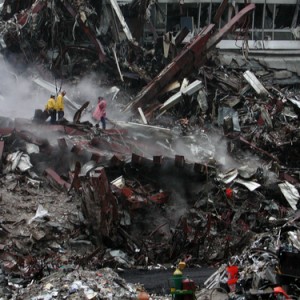Higher Autoimmune Disease Incidence in NY Residents and Rescue/Recovery Workers Exposed to the Debris of the World Trade Center Attack

A collaboration involving four medical centers in New York and the Fire Department of the City of New York Bureau of Health Services, recently published in the journal Arthritis & Rheumatology a study where they show that rescue and recovery workers involved in the events of the World Trade Center attack in New York are more prone to systemic autoimmune diseases. The study is entitled “Nested Case-Control Study of Selected Systemic Autoimmune Diseases in World Trade Center Rescue/Recovery Workers.”
Systemic autoimmune disorders are characterized by an overreaction of the body’s own immune system that leads to the attack of healthy tissues, such as joints and organs, resulting in inflammation, pain, disability and often in tissue destruction. The causes underlying autoimmune diseases are poorly understood; genetic factors are thought to play a role, but environmental, occupational or other factors most likely also contribute to the development of the disease. The environmental exposure to metals, organic solvents, silica, hydrocarbons, pesticides, and cigarette smoking, among others has been reported to be associated with many autoimmune diseases.
After the terrorist attack on the WTC and subsequent building collapse, several rescue/recovery workers and residents in the area were exposed to aerosolized dust, corresponding to an amalgam of pulverized silica, glass fibers, cement, lead, hydrocarbons and dioxins. Many of the firefighters and Emergency Medical Service (EMS) workers of the Fire Department of the City of New York (FDNY) were on the site after the attack and many continued to work there for up to 10 months, being chronically exposed to a combination of re-suspended particles.
The aim of this study was to test the hypothesis that exposure to the World Trade Center (WTC) debris, either acute (upon arrival at the WTC) or chronic (months of WTC-related work), are linked to a higher incidence of rare systemic autoimmune diseases.
A nested case-control study was conducted where each rheumatologist-confirmed case of autoimmune disease diagnosed between 9/12/2001 and 9/11/2013 (59 cases) was individually matched to 4 randomly selected controls (236) taking into account the year of hire (±1 year), race, gender and work assignment (Emergency Medical Service or firefighter). Rheumatologists were unaware of the exposure status of the individuals.
Of the 59 cases of diagnosed systemic autoimmune disease, researchers found that rheumatoid arthritis was the most frequently diagnosed disease corresponding to 37% of the cases, followed by 22% cases of spondyloarthritis, 14% of inflammatory myositis, 12% of systemic lupus ethythematosus, 5% of systemic sclerosis, 5% of Sjögrens syndrome, 3% of antiphospholipid syndrome and 2% of granulomatosis with polyangiitis (Wegener’s). Interestingly, the effects of chronic exposure increased by an estimated 13% for each month spent working at the WTC site, and individuals who worked at the site for the complete 10 months had a likelihood of more than 3-fold of developing an autoimmune disease.
The research team concluded that the prolonged work at the WTC disaster site is a key predictor of systemic autoimmune diseases. The researchers suggest that the World Trade Center Health Program should increase their surveillance efforts for individuals who had a longer exposure to the site and provide them early access to proper care, as early disease detection and treatment has been shown to improve quality of life and reduce organ damage.






